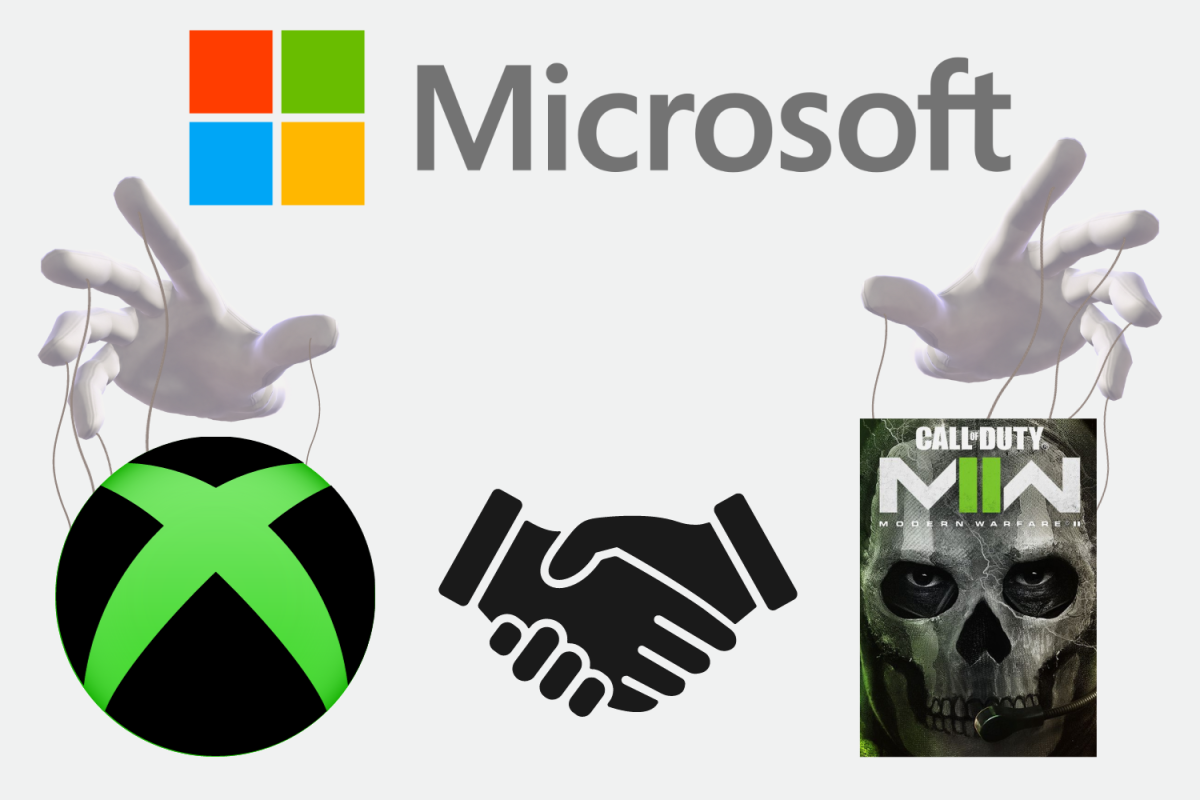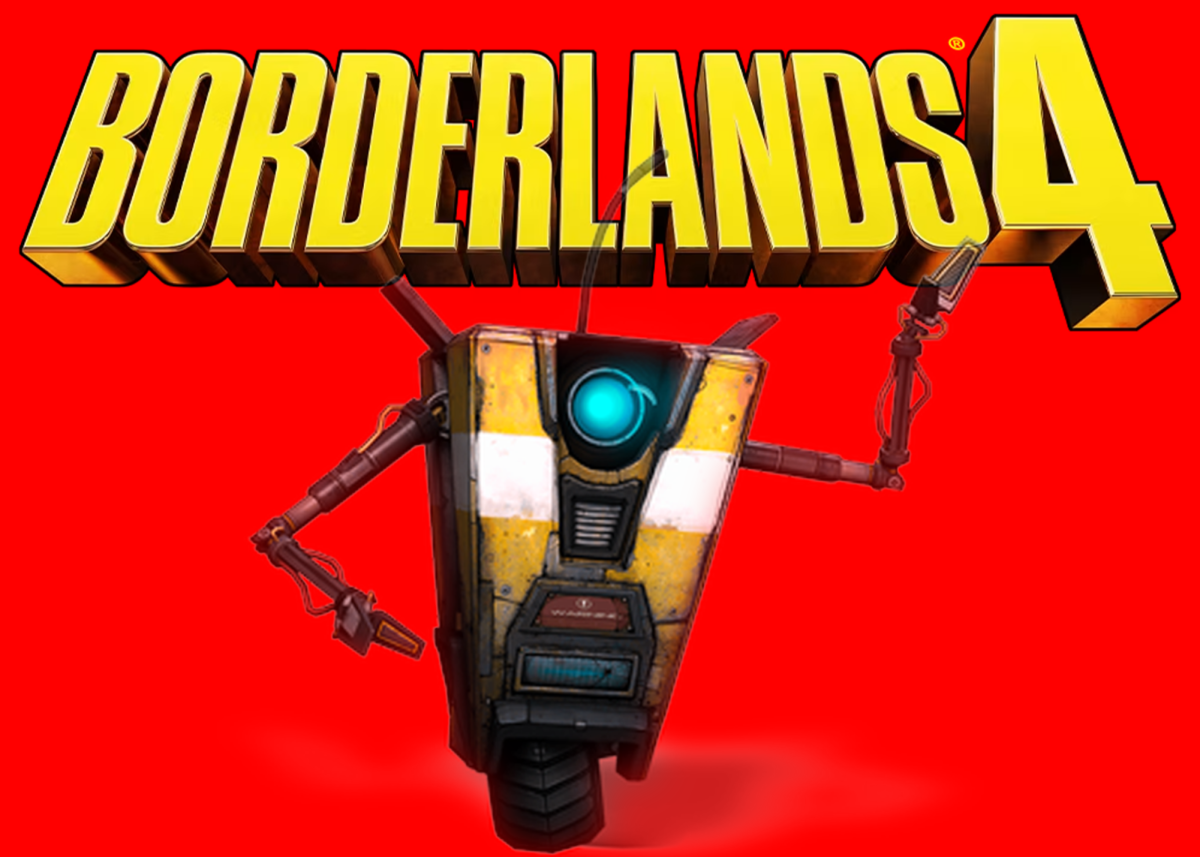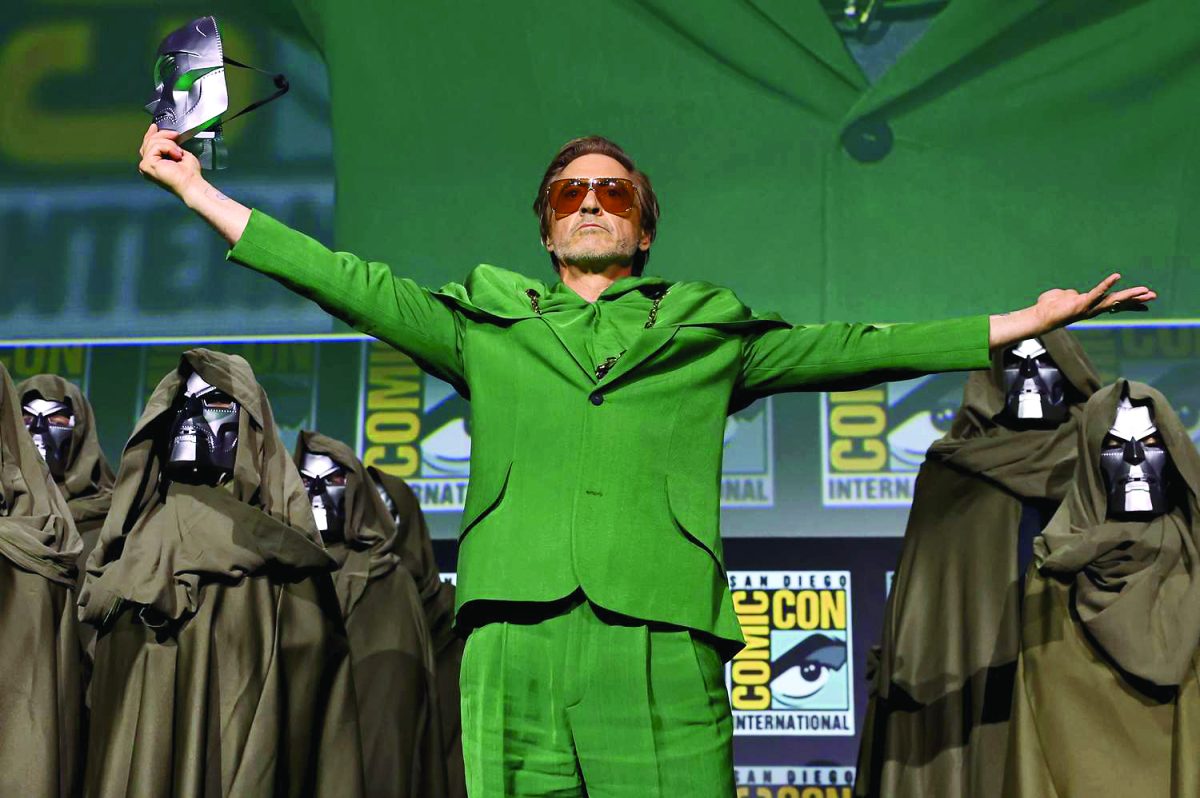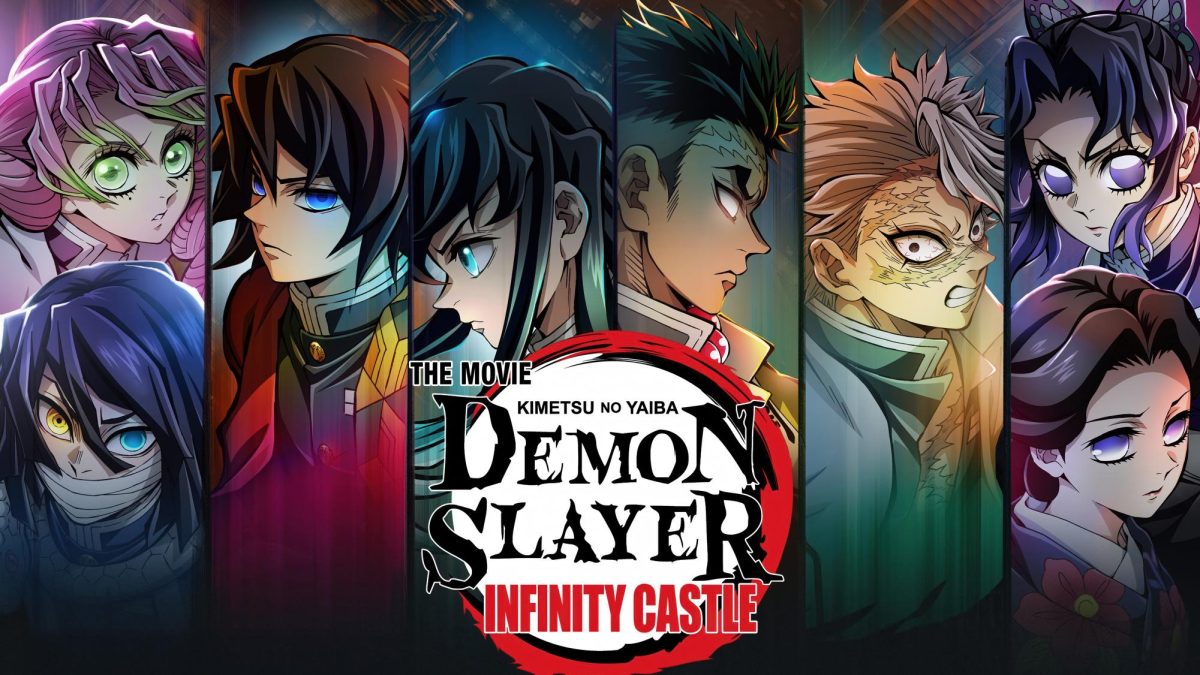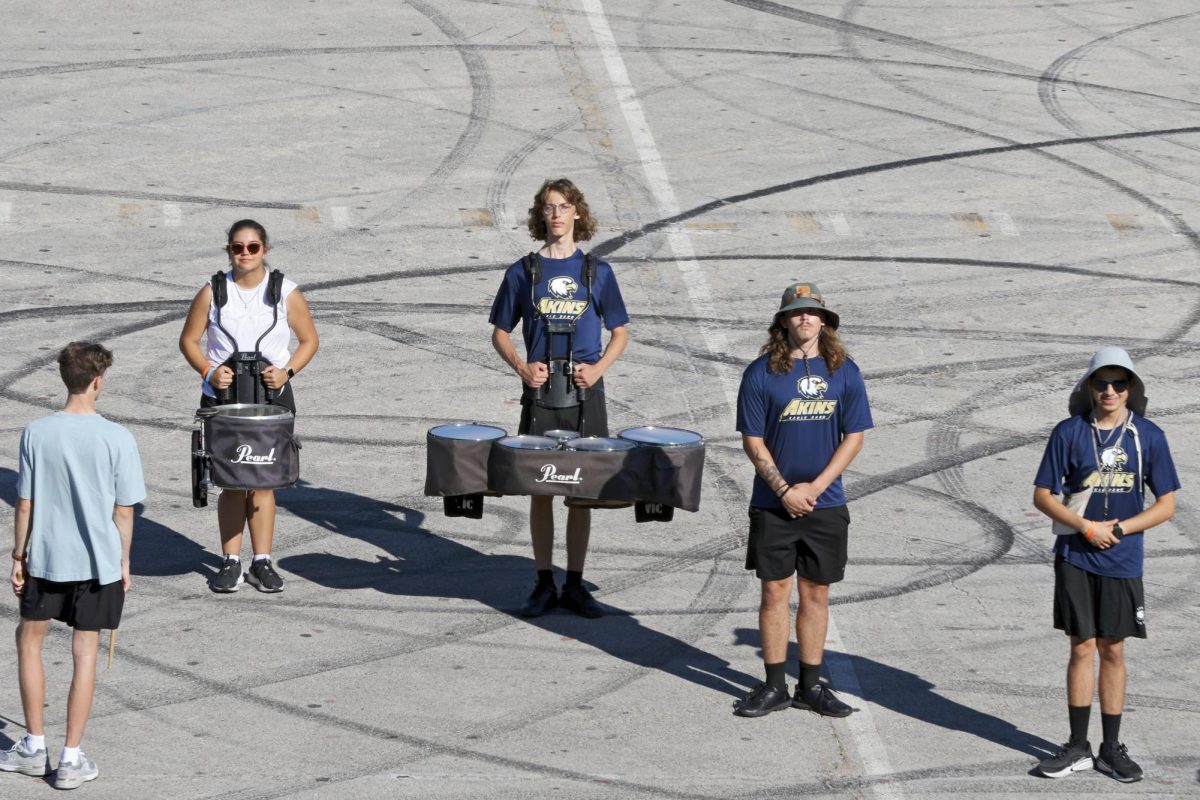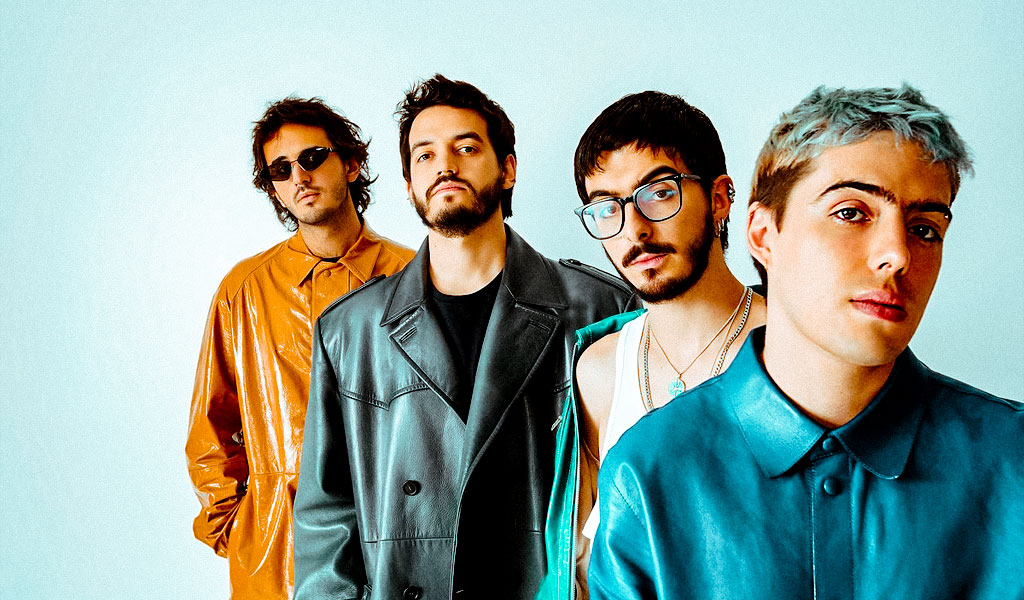If you’ve been in touch with the video game ecosystem lately, you might have heard about Microsoft’s new big takeover.
This October, Microsoft finally completed its $68.7 billion Activision-Blizzard-King acquisition after announcing its plan on January 18, 2022. The deal took over a year to be reviewed, and Microsoft had to defend itself against regulatory boards like the Federal Trade Commission and the European Commission. In particular, the British Competition and Market Authority initially rejected the deal back in May 2023, with Microsoft having to appeal and make additional concessions to get it passed.
The deal brings lots of controversy and uncertainty, such as concerns over monopolization of the emerging cloud streaming market and exclusivity of Activision-Blizzard titles. The CMA initially blocked the deal based on those cloud streaming concerns, which forced Microsoft to sign a deal releasing its control over cloud streaming rights for the incoming Activision-Blizzard franchises to a third-party publisher, Ubisoft, solely in the UK.
However, the largest opponent to the deal by far has been Sony, owner of rival game console PlayStation, which has been leading legal fights against the acquisition across the globe. The CEO of the PlayStation division, Jim Ryan, has been personally serving as a witness of the industry and testifying against the deal in courts across the globe for over a year.
In the process, the courtroom fights have produced some interesting results, including both sides accidentally leaking previously unknown documents, such as memos and expense figures for some of their biggest titles. Additionally, the conflict of interest has reignited a fight on social media known as the “Console Wars,” where fans argued over the superior console in the 2000s and early 2010s.
Amusingly, the “fight” inside of courtrooms is almost the opposite of one, with prosecutors attempting to embellish the value of Activision-Blizzard’s titles on the industry while Microsoft attempts to downplay them, sometimes insulting the creativity or value of big titles like the Call of Duty franchise.
Now that the deal has finally gone through, what will that mean for gamers? The largest and most immediate change will be the arrival of select Activision titles on Xbox Game Pass, one of the major drivers of the acquisition. The service is a collection of over 200 games, including every first-party title published by one of Xbox’s currently 25+ studios and select third-party publishers. With the acquisition complete, gamers should begin to expect legacy franchises for the Xbox 360 and the older Call of Duty titles in 2024.
Thanks to an agreement with Sony to appease regulatory bodies, new Call of Duty titles will still be released on PlayStation for the next 10 years. Importantly, this agreement doesn’t make mention of Game Pass, so gamers subscribed to Xbox Game Pass or its equivalent, PC Game Pass, can expect to start receiving perks and likely the release of future Call of Duty titles on Xbox Game Pass on Day 1 for free.
As for my personal thoughts, as an Xbox and PC gamer, it’s exciting to think of the possibilities for the future of the combined ecosystem and improvements that can be made to the controversial leadership at Activision-Blizzard. With the joining of the companies, gamers will now have easier access to older titles and the early Call of Duty titles, which have been long been overpriced for their age and riddled with hackers that render the multiplayer servers unplayable. There are even rumors that PC-exclusive titles like Blizzard’s World of Warcraft games could make their way to consoles.
I also have some common concerns about the future of the industry as the worrying trend of consolidation continues, however, Microsoft is known for giving their first-party studios lots of creative freedom. Even PlayStation players who are concerned about eventually losing access to future titles have plenty of time and the next console generation to switch ecosystems. Overall, I see it as a huge benefit for current and future subscribers to Game Pass and an acceptable outcome for the industry on all sides.

